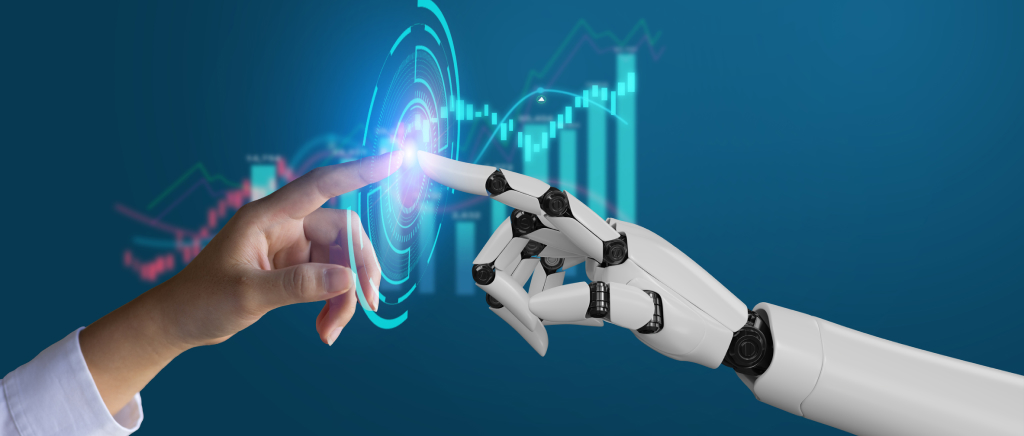Introduction
Artificial Intelligence (AI) is evolving at a rapid pace, offering innovative solutions to various industries. In this era of technological advancements, it’s crucial for businesses to stay updated with the latest AI offerings. Three prominent AI variants that have garnered significant attention are Adaptive AI, GenAI, and CommonAI. In this blog post, we will delve into the similarities and differences between these AI types, as well as their respective advantages and disadvantages.

How are they similar?
Adaptive AI, GenAI, and CommonAI share several fundamental similarities. They all employ deep learning and neural network techniques, enabling them to process vast amounts of data and learn from it. Additionally, these AI variants incorporate natural language processing (NLP) capabilities, facilitating interactions with text-based content. Moreover, these AI types are firmly grounded in the broader field of artificial intelligence, driven by a common goal of enhancing automation, promoting better understanding, and supporting more informed decision-making processes across a wide range of applications.
How are they different?
The key differences among Adaptive AI, GenAI, and CommonAI lie in their primary functions and objectives. Adaptive AI focuses on personalization, tailoring responses and experiences to individual users based on their interactions and preferences. GenAI, on the other hand, specializes in content generation, producing creative and original material, making it invaluable for creative industries. CommonAI, also known as General AI, aims for broad adaptability and human-like understanding but doesn’t have a specific focus on personalization or content generation. Instead, it strives to achieve human-level intelligence and reasoning in various domains, with applications ranging from healthcare to transportation.

Adaptive AI
Adaptive AI, also known as Personalized AI, is a cutting-edge technology designed to understand and cater to the unique needs of individual users. It adapts its responses and actions based on user interactions and preferences, making it highly user-centric.
Pros:
-
Enhanced user engagement and satisfaction due to personalized experiences.
- Improved conversion rates and customer retention in e-commerce and service industries.
Cons:
- Data privacy concerns may arise as it relies heavily on user data.
- High computational and training costs for businesses.
Gen AI
Gen AI, or Generative AI, is an AI subtype designed to create content, be it text, images, or music, without human intervention. It can generate creative and original content, making it valuable in content generation and creative industries.
Pros:
- Can significantly reduce the time and effort required for content creation.
- Valuable for creative industries, marketing, and advertising.
Cons:
- May require substantial computational resources for training and deployment.
- The generated content may lack the depth and context that a human creator can provide.
Common AI
Common AI, sometimes referred to as General AI, represents the broader domain of AI that aims to mimic human-like understanding and reasoning. It encompasses a wide range of AI applications, from chatbots to self-driving cars, with the goal of achieving human-level intelligence and adaptability.
Pros:
- Potentially revolutionary for a wide range of industries, including healthcare, finance, and transportation.
- Offers adaptability and learning capabilities for various applications.
Cons:
- Current Common AI systems are far from achieving human-level intelligence.
- Developing and deploying Common AI solutions can be incredibly resource-intensive.
Conclusion
In the world of AI, the diversity of applications and use cases is vast. Adaptive AI, Gen AI, and Common AI share foundational principles but differ in their primary focus and applications. Understanding these similarities and differences is crucial when choosing the right AI solution for your business.
Adaptive AI excels at personalization and user-centric experiences, making it suitable for recommendation systems and chatbots. Gen AI shines in content generation and can revolutionize creative industries. Common AI aims to achieve human-like understanding and adaptability across various domains, with applications ranging from healthcare to self-driving cars.
Each of these AI variants has its pros and cons, and the choice should align with your specific business needs and goals. Whether you seek personalization, content generation, or broader adaptability, the future of AI is undoubtedly bright, and understanding these AI types will help you stay ahead in the ever-evolving tech landscape.



